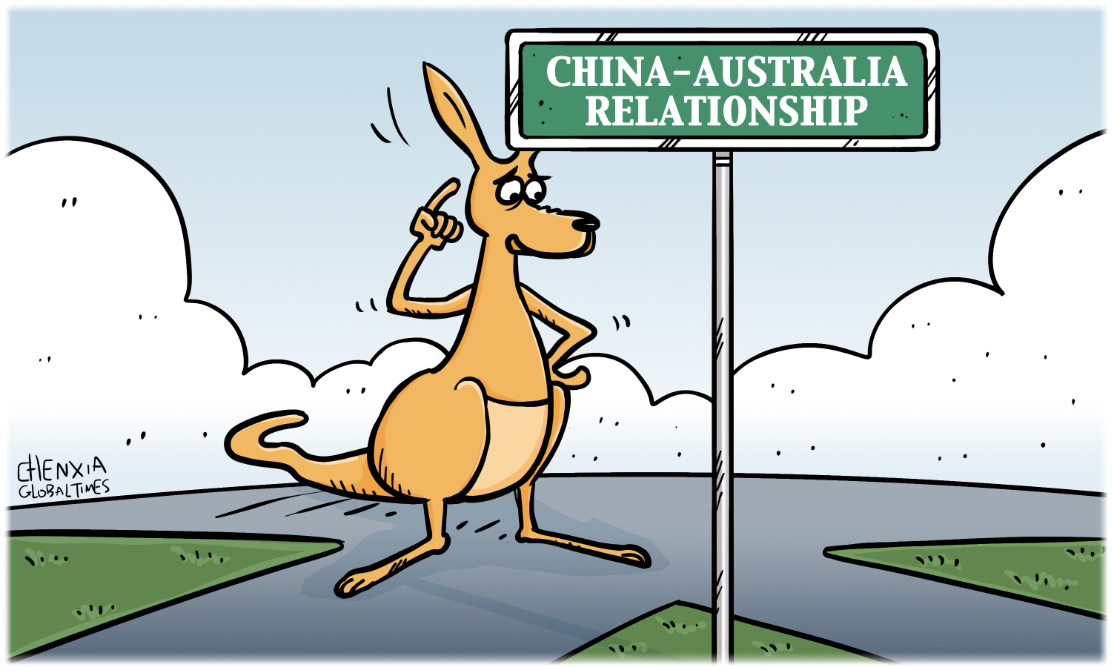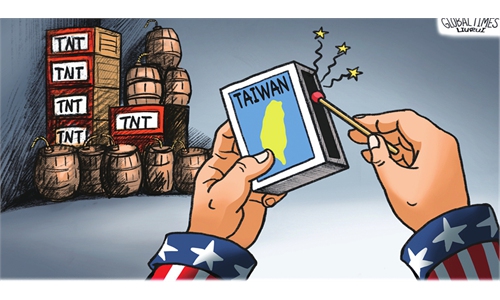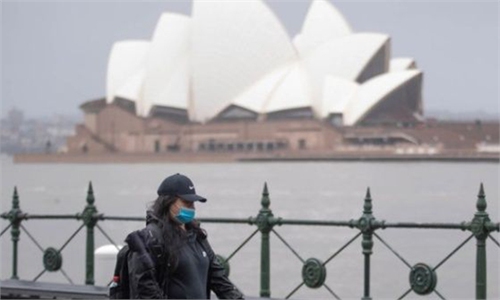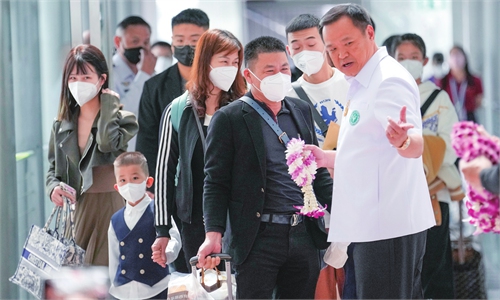Change of tone on Taiwan island at France-Australia 2+2 a 'worrying trend' to Asia-Pacific

Australia
A joint statement issued after the second France-Australia foreign and defense ministerial consultations (2+2) saw a marked change in tone regarding the island of Taiwan and the South China Sea, signaling a worrying trend of Western countries using related topics to justify and increase their presence in the Asia-Pacific region, observers said Tuesday.
The statement on Monday did not directly name China, but very much falls in line with Western hype that sees "China as a challenge" to the Asia-Pacific. Under the impact of the US and the prolonged Russia-Ukraine conflict, both France and Australia are trying to maintain influence in regard to security in the region.
According to the joint statement, the 2+2 consultations reflect the shared commitment to restoring a dynamic bilateral relationship founded on trust and shared interests.
France and Australia expressed their shared commitment to Ukraine's security and their strong resolve to continue to support Ukraine, including joint supply of 155-millimeter ammunition.
The two countries' priorities are to pay more attention to repairing bilateral relations that were severely damaged after the AUKUS issue and the current Ukraine crisis, Chen Hong, president of the Chinese Association of Australian Studies and director of the Australian Studies Center at East China Normal University, told the Global Times on Tuesday.
Cui Hongjian, director of the Department of European Studies at the China Institute of International Studies, told the Global Times on Tuesday that France hopes to push forward its "Indo-Pacific" strategy and get deeper into the region through different partnership architectures, including the 2+2 mechanism with Australia.
The new joint statement reads that ministers reiterated their "strong opposition" to any coercion or destabilizing actions in the South China Sea, which is different to the first of its kind released in July 2021 that voiced "serious concerns" about the situation in the South China Sea.
On Taiwan, France and Australia "reaffirmed their shared opposition to unilateral changes to the status quo" and "reiterated their will to continue deepening relations with Taiwan island in the economic, scientific, trade, technological and cultural fields." That rhetoric was not in the 2021 statement.
"Australia is very eager to demonstrate its strength by engaging in hot button topics," Chen said. It is interesting that Australia, a country so far away from Eurasia, is a major supporter of Ukraine outside NATO.
Though the new Australian government appears much less hostile to China, it cannot avoid the impact of the US when it wants to get more involved in international and regional affairs. Hence it still acts as a springboard, introducing US partners into the Asia-Pacific region in accordance with the US' strategic interests, Chen said.
Cui warned that France and Australia, in enhancing security partnership, should not cite "tension across the Taiwan Straits" as an excuse. Irresponsible remarks will not only affect their relations with China, but also further complicate regional situations, the expert said.
Observers noted that the sensitivity of the Taiwan question as well as China's resolve to defend its core interests are clearer than ever. It would be very dangerous to cross the line.
France wants to be a stabilizing force in Asia against the backdrop of China-US confrontation, French President Emmanuel Macron said in November 2022 during the APEC meeting of leading economies, three months after severe tension across the Taiwan Straits that was caused by then US house speaker Nancy Pelosi's provocative visit to the island.



